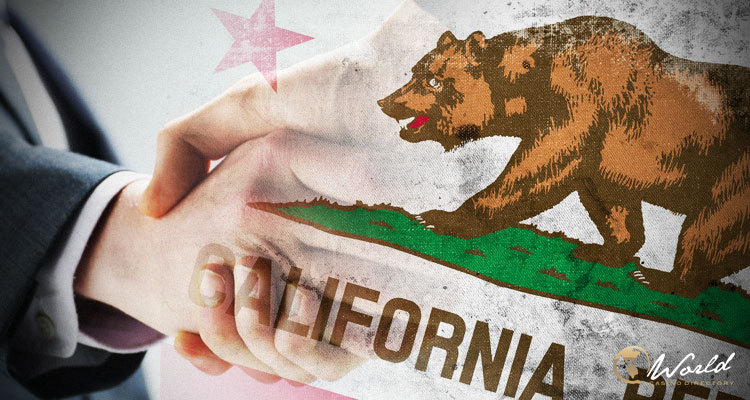The Center Square reports that two Native American tribes – the Middletown Rancheria of Pomo Indians of California, and the Redding Rancheria have signed gaming compacts with the State of California. The compacts will allow the two Rancherias to operate up to two gaming facilities each on their land.
Tribal Operations:
The two Native American tribes will be allowed to run up to 1,200 gaming devices and offer wagering on horse races at an off-track betting establishment. The games will include slot machines, electronic games of chance, and games like blackjack. The Middletown Rancheria and the Redding Rancheria will still have the right to expand tribal casinos across their land, with such further expansions subject to further gaming compacts to be negotiated if the need arises.
Tribal casino gambling is one of the gambling forms legalized in California. In addition to the state lottery and betting on horse races, the federal government allows recognized Native American tribes to run casinos on their tribal land. These tribal casinos are operated under the compacts negotiated between the state and the Native American tribes, such as the Middletown and Redding Rancherias in this case. Still, the last year’s proposal to expand the tribal casino offerings with online sports betting was voted down by California residents.
The source cites PlayCA’s reporting that, “tribal casinos do not pay taxes like commercial casinos. In California, tribal members who live on the reservation are not subject to state income tax, and tribal casinos do not have to pay corporate income tax. Instead of paying the tax, the casinos pay fees into various funds and in some cases help support state and/or local agencies and programs.
The citation continues: The amount they pay depends on how much revenue the casinos generate as well as the number of slot machines they operate. Each tribal-state compact determines the precise terms of the tribes’ payments and where those payments go.”
Revenue Distribution:
The signing of the latest two compacts will provide a pipeline for contributions to The Revenue Sharing Trust Fund, the Special Distribution Trust Fund, and “The Tribal Nation Grant Fund” established by the government to secure the distribution of funds to non-gaming tribes and limited-gaming tribes. These tribes are required to submit respective applications and indicate that the funds delegated through the funding program would be used for the social and economic development of their communities.
On the other hand, there are 85 tribal casinos in the state generating around $20 billion and sharing $1.3 billion in revenue with the state and local communities. Tribal casinos also secure around 125,000 jobs in the state of California to represent the state’s partner of significance.



